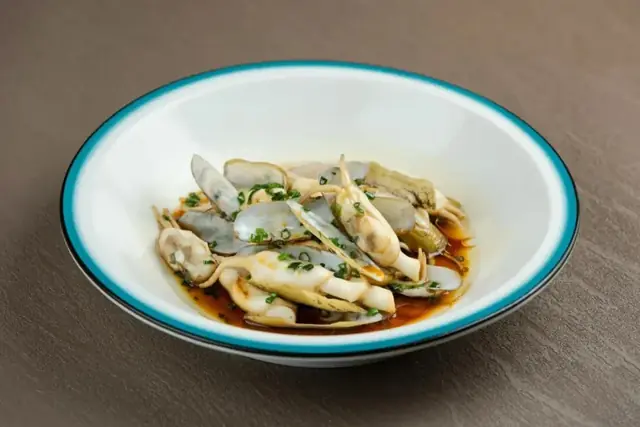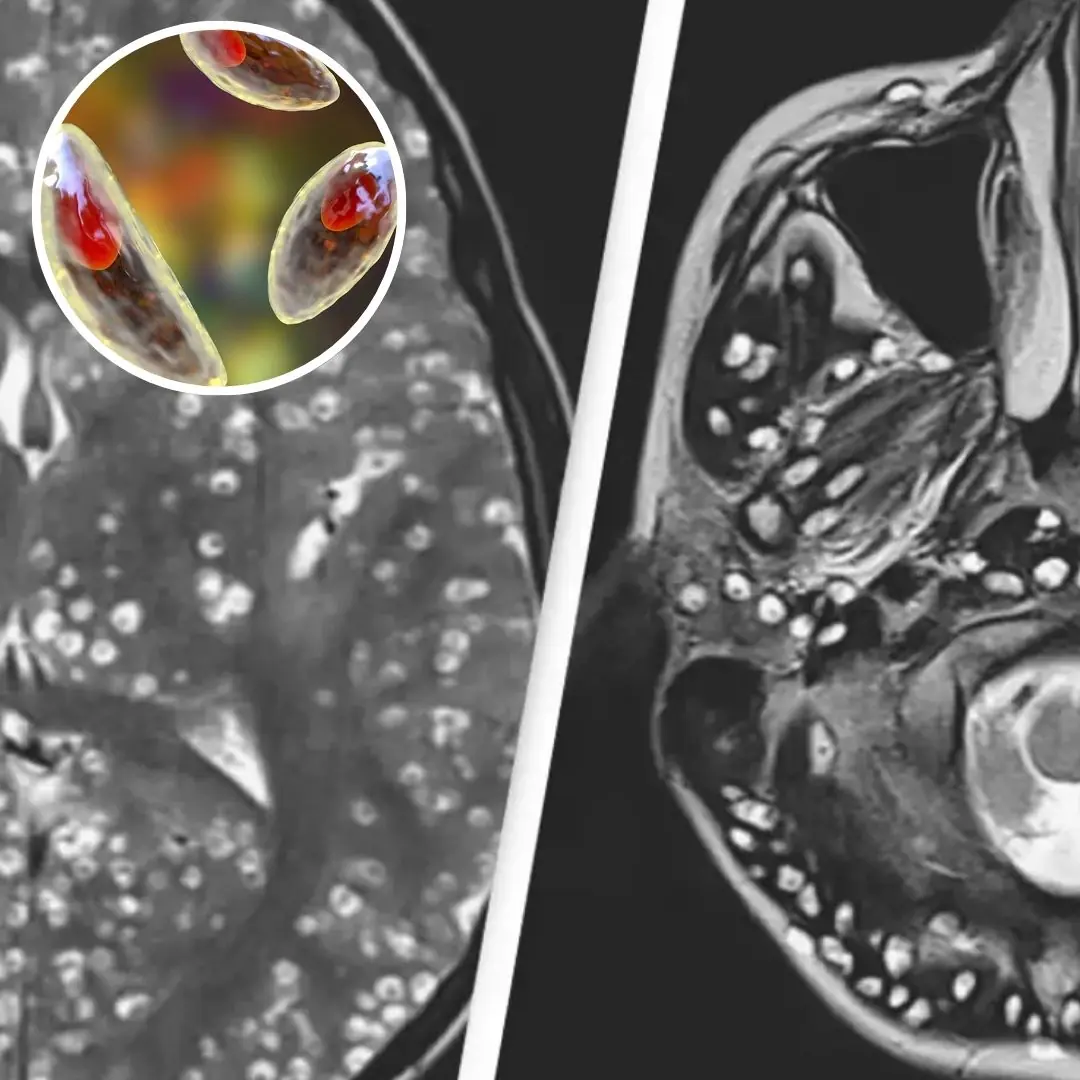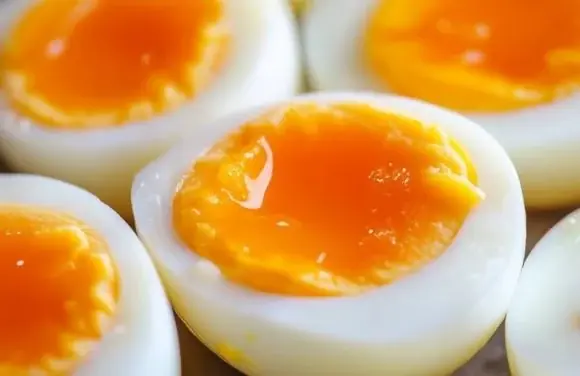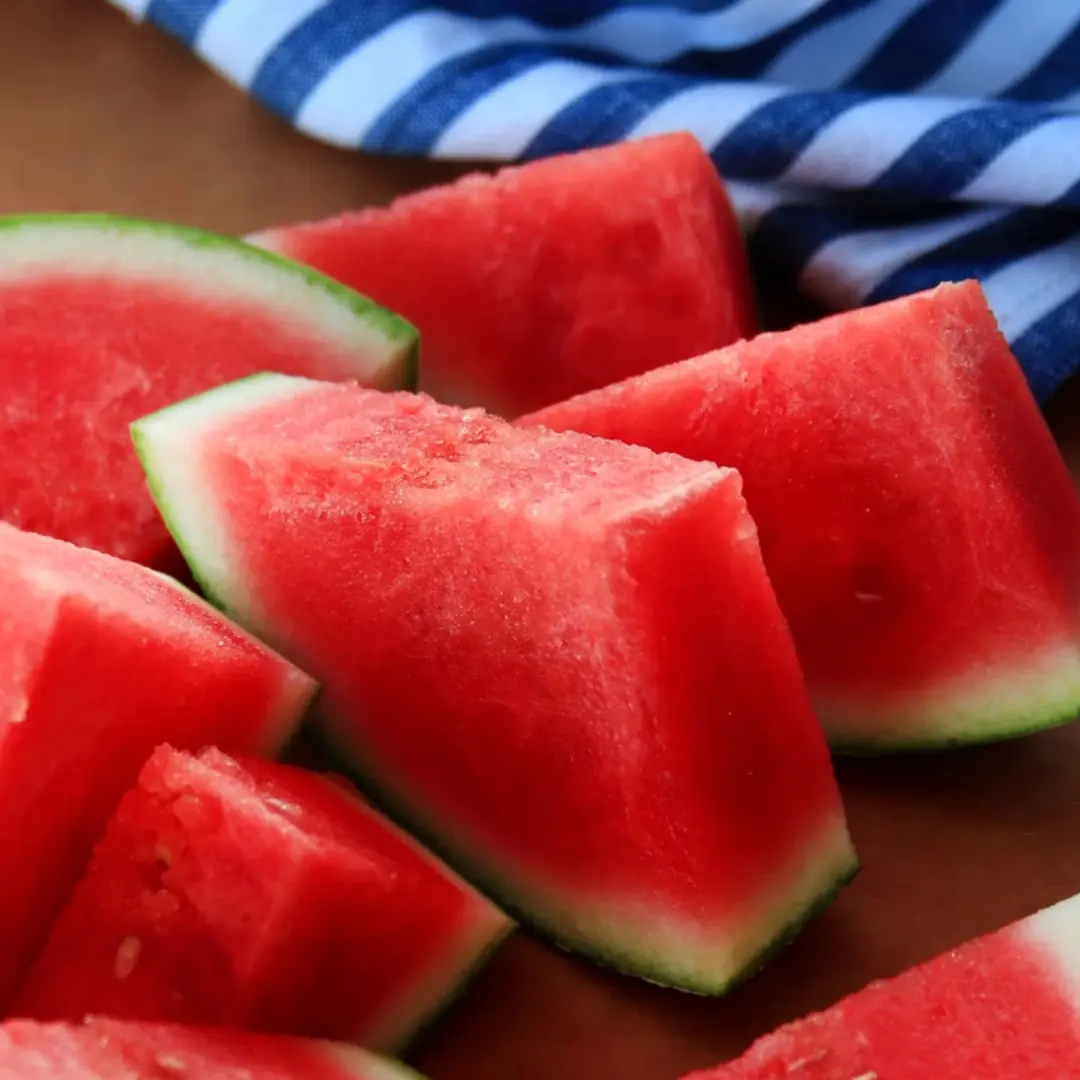The Delicious Dish "Richer in Iron Than Pork Liver" That You Can't Miss This Summer
Summer is the perfect time to enjoy seafood, especially shellfish, which is always loved by diners. Among them, nothing is more appealing than mussels, a type of shellfish that is long and slender in shape, with a sweet, mild flavor and tender, delicious meat.
Whether it’s mussels grilled on a hot pan at street-side eateries or stir-fried mussels with green onions in family meals, their tempting aroma and unique texture make everyone crave them. However, many people are unaware that mussels are not only tasty but also extremely nutritious, and they are even considered the "holy friend" for those who want to lose fat during the summer!
Mussels are a type of bivalve shellfish widely distributed in the coastal mudflats of Vietnam. Summer is the best time to eat mussels, as this is when they are freshest. Due to their high content of polysaccharides, they not only have a sweet taste but also enhance the richness of flavors. Moreover, among many types of seafood, mussels are highly nutritious and especially suitable for those following a healthy diet.
1. Low in Fat and Calories
When it comes to weight-loss foods from meat, people often think of chicken breast, which is known for being low in fat and calories. In fact, mussels are just as good as chicken breast in this regard.
In terms of fat content, chicken breast contains 1.9 grams of fat per 100 grams, while mussels only contain 0.3 grams. They are also extremely low in calories, with only 40 kcal per 100 grams. The edible part of a typical mussel weighs around 6 grams. Even if you eat 20 mussels, the calorie intake would still be less than a single apple, and only about one-third of the calories in chicken breast; the amount of fat consumed would not exceed 1 gram.
This means everyone can enjoy the delicious taste of mussels without worrying about consuming too much fat or calories, and without the "guilt" when indulging in a weight loss diet.
2. High-Quality Protein
Mussels are rich in protein, with 7.3 grams of protein per 100 grams, and a well-balanced composition of essential amino acids, making them a high-quality animal-based protein source. While the protein content is not as high as chicken breast (24.6 grams per 100 grams), they are much lower in fat and calories. To consume the same amount of protein as chicken breast, you would need to eat about 340 grams of mussels (around 57 mussels).
What's important is that the calorie difference between the two is not significant, so you can enjoy mussels freely. Studies have shown that the free amino acids in mussels are primarily alanine, glycine, and arginine. Glycine and alanine give mussels their sweet taste, while arginine adds a deeper flavor.
3. A Rich Source of Calcium and Iron
Mussels are high in both calcium and iron. Their calcium content is higher than that of milk, at 134mg per 100 grams, and is also higher than that in clams, cockles, and oysters. The iron content in mussels is even more impressive. According to data from the Chinese Food Composition Table, the iron content in mussels is as high as 33.6mg per 100 grams, which is 1.5 times, 3.9 times, and 22.4 times higher than the iron content in pork liver, pig's blood, and pork tenderloin.
This means that just eating 10 mussels can fulfill the daily iron requirement for an average adult woman. However, the nutritional content of different types of mussels may vary.
In addition to calcium and iron, mussels are also rich in zinc, potassium, magnesium, and selenium.
4. Rich in Saturated Fatty Acids
Mussels contain 0.2 grams of fat, making up 67% of their total fat, with saturated fatty acids, monounsaturated fatty acids, and polyunsaturated fatty acids accounting for 43.3%, 18.5%, and 33.6%, respectively. The levels of DHA and EPA are 20.4mg per 100 grams and 9.4mg per 100 grams. The high content of polyunsaturated fatty acids greatly enhances the flavor and reflects the juiciness of the meat.
From the above, we can see that the nutritional value of mussels should not be underestimated. With the advantages of high calcium, high iron, low fat, and low calories, they have become an ideal choice for supplementing nutrition during fat loss. They are truly a natural companion for weight loss!
Notes When Eating Mussels
Although mussels are delicious and nutritious, we need to know how to eat them properly and the precautions for certain groups of people.
-
Be careful with raw mussels: Raw mussels pose significant safety risks. Not only are they prone to parasites, but they may also carry pathogens such as Vibrio parahaemolyticus and norovirus. For safety reasons, mussels should be thoroughly cooked before eating. When cooked, mussels should change from translucent to opaque white, and the shells should open completely.
-
People with gout should eat cautiously: Mussels contain a relatively high level of purines, which are not suitable for people with high uric acid levels and gout. It’s best to eat them in moderation or avoid them altogether.




























